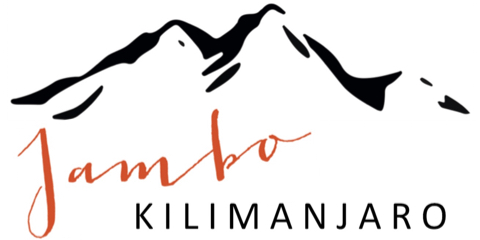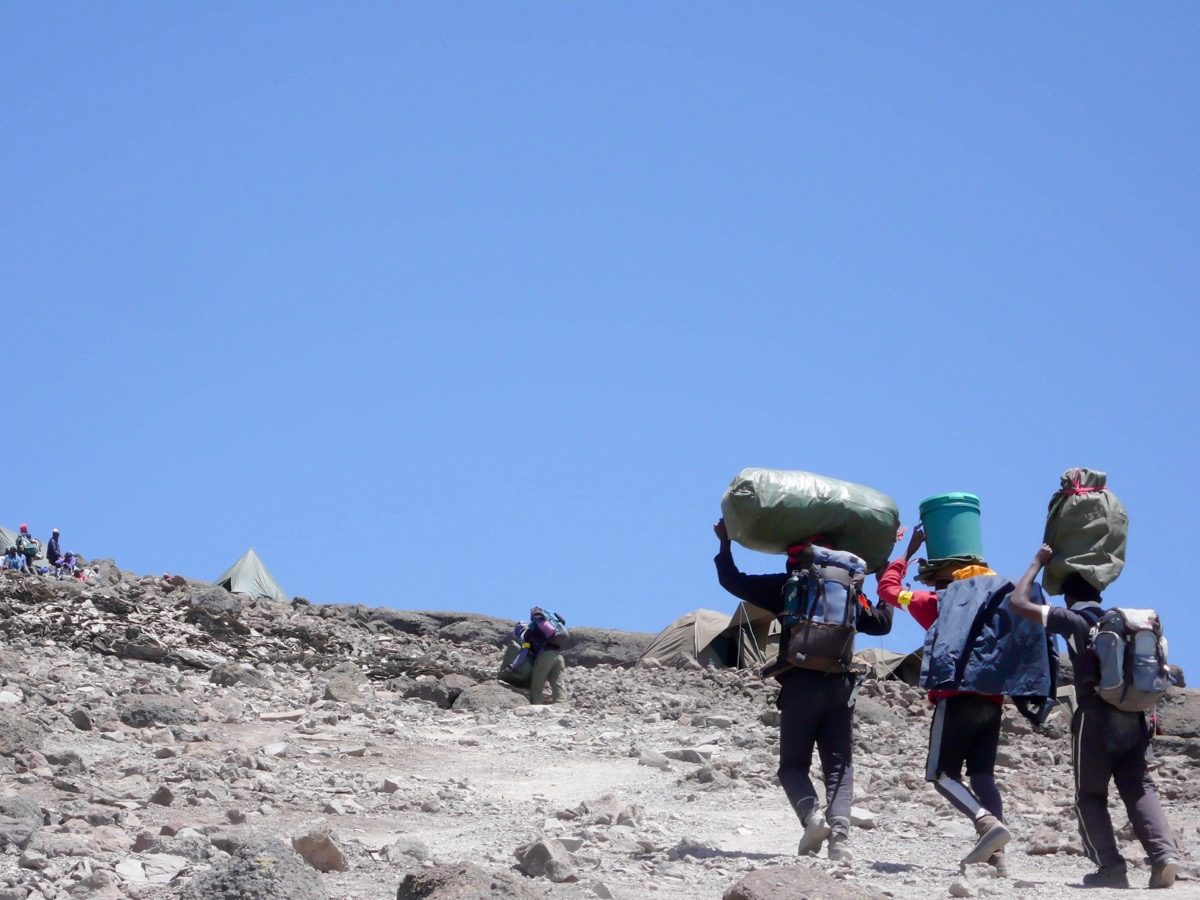Perhaps it is once more one of those matters of the “Generation Y”: our craving to decide consciously. We are sensitive to responsible and enlightened tourism.
That doesn’t mean by any means that we want to encourage every traveler to undertake a spiritual-philosophical journey. It simply means that we want to create a better understanding of the individual parts of a journey and emphasize your importance as a traveler. In addition, we understand the lack of clarity in the offers as we experienced it ourselves on our first trip to Tanzania: the lack of clarity due to the countless offers to climb Kilimanjaro, Mount Meru, go on a safari or a trip to Zanzibar. We hope to be able to give you more clarity. At least we would have been grateful about an overview before our first trip to Tanzania.
We think that the easiest way to get awareness and clarity is by showing you what the costs are of climbing Kilimanjaro for a tour operator. In the following, we will do this using the cost components of a 7-day ascent of Kilimanjaro via Machame Route. In another article we have written in detail about the total costs that you as a traveler incur.
The cost of an ascent of Kilimanjaro
National Park Fees: The park fees consist of various components. Ultimately, they depend on how many days you spend in the national park. The most important components of the park fees are conservation fees, camping or hut fees, rescue fees and local sales taxes. For 2019, the fees are USD 955.80 per person and are paid directly to the national park administration.
Minimum wages for the mountain team: If a group of two people climbs Kilimanjaro within seven days via Machame Route, travelers will be accompanied by a team consisting of two guides, a cook and seven porters. Here we have already written more about it. The Tanzanian government officially sets minimum wages for the mountain team. In addition, the Tanzanian-based NGO “Kilimanjaro Porters Assistance Project” (KPAP) recommends that tour operators pay fair minimum wages of approximately USD 9 per day for each porter, USD 13 per day for each assistant guide and cook, and USD 17 for each guide. In total, the wages for the local team are about USD 742, i.e. USD 371 per person.
Other costs: In addition, there are costs e.g. for transport from and to the airport and national park, accommodation, the provision of equipment and meals, which are about USD 400 per person (mainly depending on the type and quality of the accommodation and equipment provided to you).
So what?
This means that if a tour operator respects the most important points on the theme of sustainability, namely
- ecological (respect nature),
- economic (the people involved in a trip can live at least to a minimum from their work) and
- social (respect the people and local habits)
the minimum variable cost of a climb of Kilimanjaro, which depends on each individual traveler, is more than USD 1700 per person.
This does not include the fixed costs incurred by each tour operator to provide you with a successful and safe adventure (e.g. costs for insurance, rent, licenses, personnel and all administrative costs). If, for example, an organizer offers the 7-day ascent of the Kilimanjaro via Machame Route for a group of only two travelers for USD 2,000 per person, after deduction of the minimum variable costs of more than USD 1,700 there is not much money left to cover all other costs of the tour operator…
This is what you can do to make your journey a success
There are a number of tour operators who neither comply with the legal requirements nor pay their team of porters, cooks and guides the minimum wage they would need to make a living. It is better not to accept offers from these tour operators, especially since the very low price usually has a negative effect on the quality of your travel experience (e.g. the accommodation provided to you is only average, the equipment has defects). The ascent of Kilimanjaro is for most people a “once in a lifetime” event. Instead, try to find the tour operators who live and communicate the quality and sustainability aspects of their trips in a credible way, even if your journey costs a few dollars more. This quality and sustainability of the offer is guaranteed to have a positive effect on your travel experience.
Whichever tour operator you choose to climb Kilimanjaro, Mount Meru, go on a safari or a trip to Zanzibar – make your decision consciously, because it counts and influences what quality and service you get, and how you reward the work of third parties so that they can continue to do a good job in the future. Therefore, you have a direct contribution whether and in which form tourism on Kilimanjaro and in Tanzania will still be possible in the coming years. Be realistic – there are no magic tricks, in case of too low prices, only those that will be disadvantaged in case of doubt: your mountain team, you or both!

